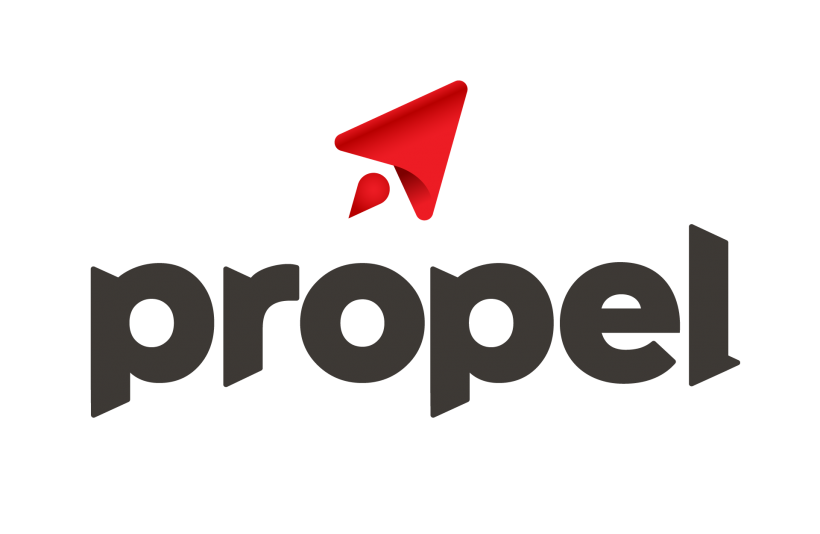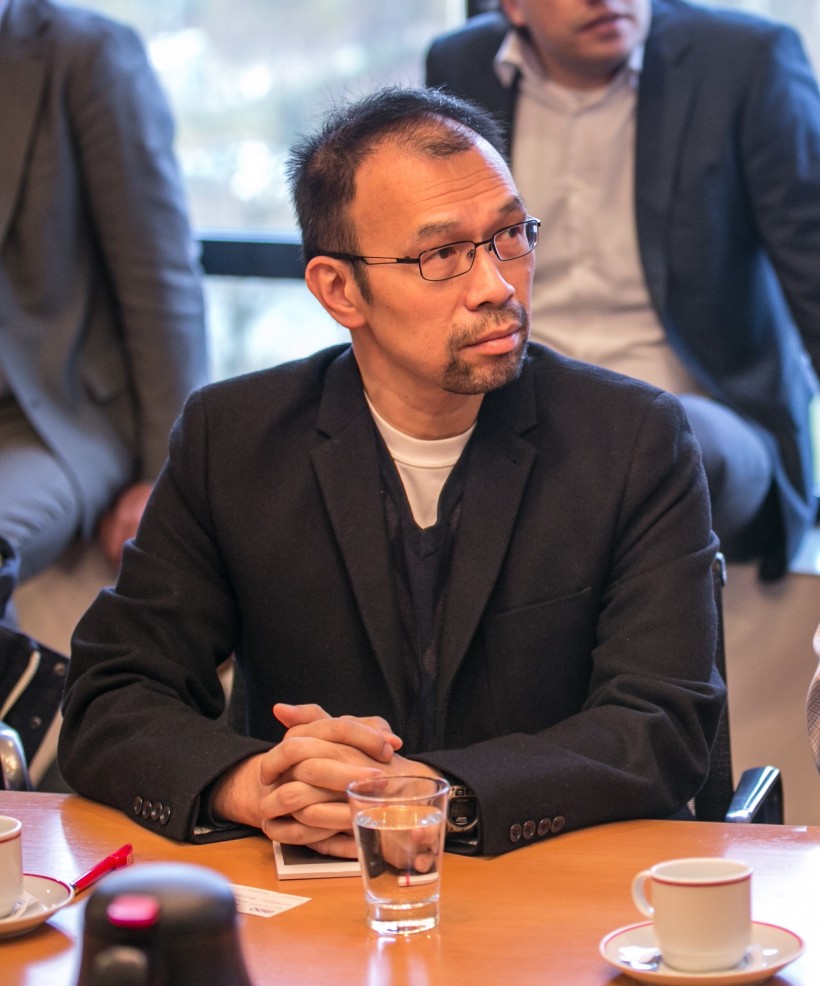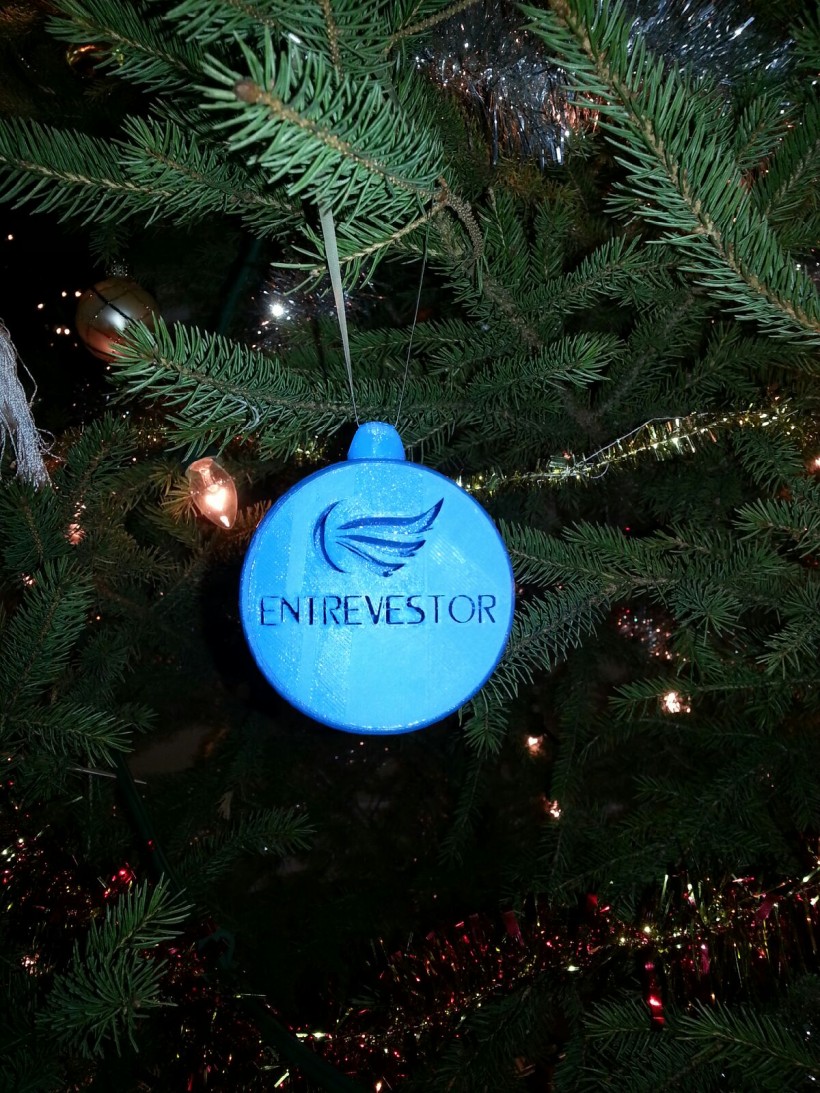Concussion is a global health problem. For Ying Tam, CEO of Halifax-based Mindful Scientific, this means an opportunity to be part of a solution that positively impacts millions of lives.
Tam is rejoicing in achieving a milestone with St. Francis Xavier University in Antigonish, where his company’s concussion detector has been used to test athletes on several of the university’s varsity sports teams.
Mindful Scientific is developing the Halifax Consciousness Scanner, or HCS, which is a portable device that can be slipped onto an injured person’s head. The HCS then analyzes the individual’s brain waves.
The product currently works with a laptop or tablet but future plans include using a mobile device instead. When the HCS is market ready, it will show whether the injured person has suffered brain trauma, such as a concussion.
“The HCS is still a prototype, but it’s a big milestone when you can deploy a piece of technology, train others to use it and leave it in their hands,” Tam said.
He said that concussion is a $50 billion healthcare problem in North America that impacts between 4 million and 7 million North Americans every year.
Many of the current methods for detecting concussion involve asking questions of the injured person, such as ‘How many fingers am I holding up?’ Indirect measures, such as impact sensors on helmets, are also used.
“We’re different because we have built a portable device that can quickly and objectively assess actual brain function. It doesn’t require patient compliance, or patient self-reporting,” said Tam.
He said the company is actively looking for investment and is keen to get the HCS to market.
The need to raise funds means that Tam is often travelling, making frequent trips to cities such as Boston and Toronto, although Halifax is an important hub for neuroscience.
The recent collaboration with the university is just the latest good news for Mindful Scientific, which was previously named one of six North American finalists in the IBM Global Entrepreneur Program, and was winner for life sciences in Get in the Ring, a global entrepreneur competition.
For Tam, spearheading a life sciences company is relatively new as he became CEO of Mindful Scientific less than three years ago after 20 years as a business executive and tech entrepreneur. Start-ups he co-founded include e-health company i-HRx (acquired by Healthconnex) and abridean (acquired by nCipher plc).
Tam has degrees in cognitive psychology and computer science and feels at home in the life sciences.
“I’m always on my soap box about healthcare so Mindful Scientific is meaningful to me,” said the fitness lover who has a black belt (third degree) in karate.
He’s still adapting to the differences between the tech and life sciences fields. An obvious difference is the need for clinical trials of healthcare products such as the HCS.
“Clinical trials take a lot of time and money,” he said. “They potentially make a product easier to sell as it has already been validated, but the process could be streamlined and the overhead costs reduced.”
He said that in the technical field, there is significant salary creep, while in the life sciences, it’s difficult to find people with the right skills.
“People that work in science and neurophysiology want roles in academia, not industry,” he said. “As an entrepreneur, that’s hard to understand.”
Toronto-born Tam credits his parents, who immigrated to Canada from China, with helping him succeed.
“My parents had a big family and a small house, and we lived below the poverty line. But they transferred the typical immigrant philosophy to their five kids. They instilled in us a strong work ethic and an understanding of the value of education.”
Tam, who moved to Halifax in 1999, pays it forward by acting as mentor and advisor to local entrepreneurs, working with Entrepreneurs’ Forum and with students in the Starting Lean course, held at Dalhousie.
Disclaimer: Entrevestor receives financial support from government agencies that support startup companies in Atlantic Canada. The sponsoring agencies play no role in determining which companies and individuals are featured in this column, nor do they review columns before they are published.










